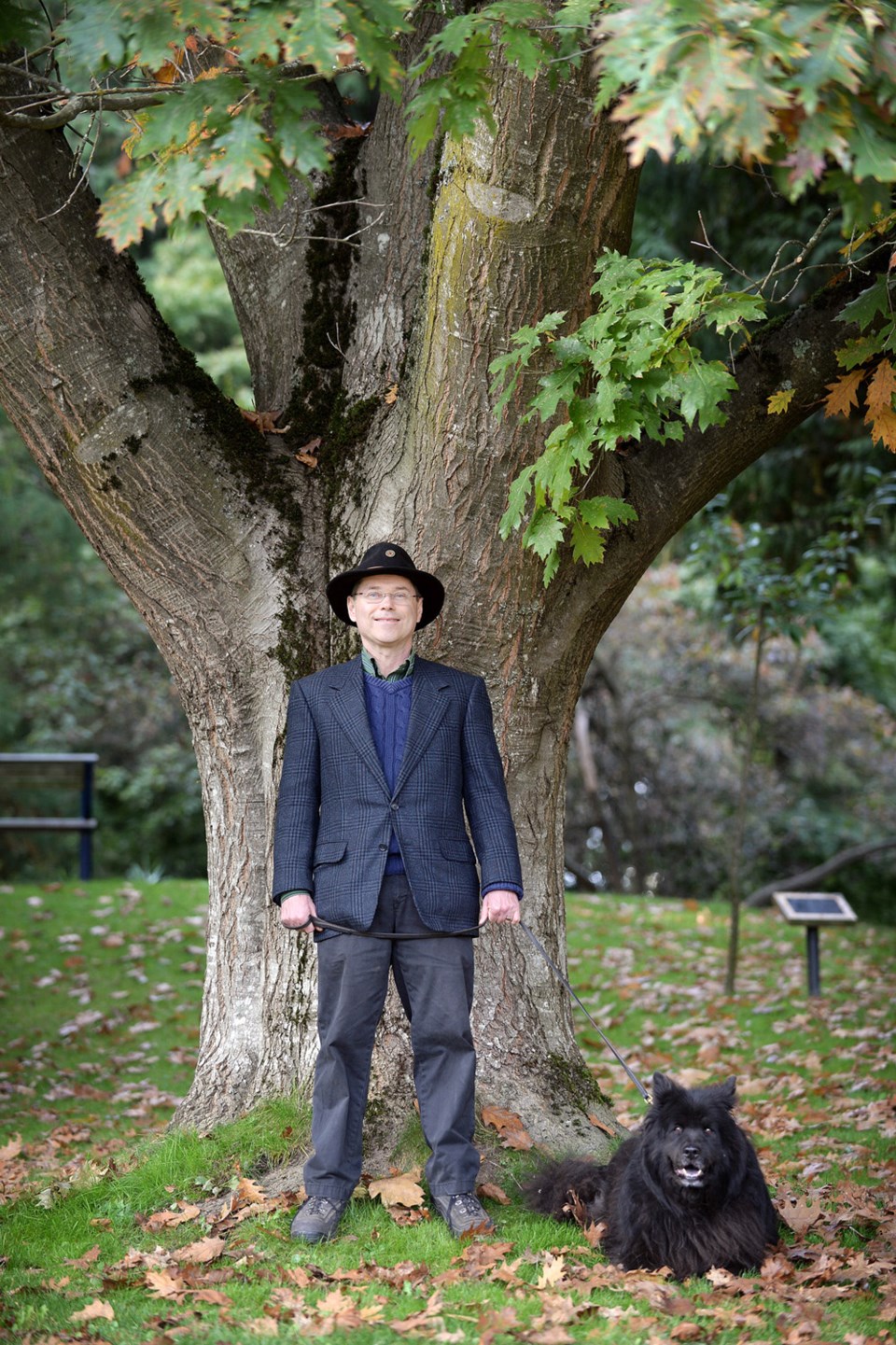New Westminster’s current lesbian, gay, bisexual and transgendered seniors grew up in a time when it was much harder to be open about their sexuality.
Homosexual acts weren’t decriminalized in Canada until 1969, and homosexuality was only removed from the Diagnostic and Statistical Manual of Mental Disorders in 1973.
Sexual orientation wasn’t protected by the Canadian Human Rights Act until 1996.
Though seniors have clearly seen gains for the LGBT community in Canadian society over their lifetimes, recognition of their needs and rights is still alarmingly lacking when it comes to residential care homes, according to some local experts.
“There is a major gap between the service needs of LGBT seniors and what most care facilities offer,” Anna Truong, assistant director of New Westminster’s Seniors Services Society told The Record by email. “Stigma exists amongst staff and other residents in care facilities, and LGBT seniors often retract back into the closet as a response. This leads to a higher rate of depression and isolation. More needs to be done to ensure LGBT seniors feel safe and secure to be themselves and to express who they are.”
New Westminster lawyer Rob Hughes, 59, is hoping his spouse, who is nine years younger than he is, will care for him in his later years.
Hughes, who came out in university, said he doesn’t want to go back into the closet or be separated from his husband in order to go into care, should the need arise.
Hughes was involved in starting the first Canadian gay and lesbian law school association at the University of British Columbia in the 1980s, and he said that LGBT boomers like him have spent their lives fighting to be open about their sexuality.
“We have had the opportunity to be out, and we have been constantly fighting for our rights all along. It has never been handed to us on a silver platter. We have always had to protest and lobby and go to court,” he said. “We are not prepared to go quietly into a nursing home and not have our needs met.”
Hughes said he suspects the administrators at most residential care facilities haven’t really thought much about the needs of LGBT clients.
“And by not thinking about it, that creates a problem because when somebody goes in and there are not the policies in place, then they are going to be hurt by that,” he said.
Hughes said he would like to see the Fraser Health Authority have a model that would be easy for individual institutions to follow, similar to what many school boards have, one that imposes a zero-tolerance policy on any form of discrimination.
Qmunity, a Vancouver-based LGBT resource centre, recently released a report titled, Aging Out, which recommended health authorities include questions about sexual orientation and gender on intake forms and that seniors be given more than three days to decide if they want to take an available bed.
"Fraser Health supports all of our residents to be in an environment that is respectful, safe and supports their health needs,” Keith McBain, Fraser Health executive director for residential care and assisted living, told The Record by email. “While Fraser Health does not operate, or contract to, facilities that are specifically geared towards LGBTQ individuals at this time, we do ensure clients are treated equally and respectfully.”
Ultimately, in addition to basic anti-discrimination policies, Hughes said care homes should encourage gay and lesbian couples, and straight couples, to maintain their relationships.
“That is an area where all around there needs to be more sensitivity,” he said.
Hughes added it behooves the health authorities to have residential care facilities deal with sexuality, because it is something that is important to everyone.
“It is part of being human. It may change, our sexual expression, over time, but yet sex is a basic human need. It is with us all the time,” he said.



